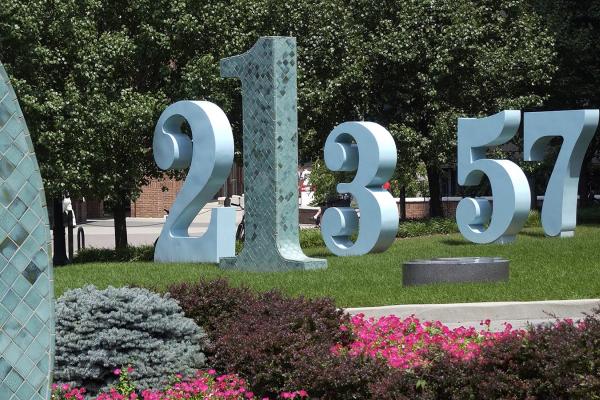
Daryl DeFord
Washington State University
Title
Political Geometries: Analyzing Fairness in Redistricting with Data
Abstract
The problems of constructing “fair” political districts and detecting intentional gerrymandering have received a significant amount of attention in recent years. Attempting to analyze these issues from a computational perspective leads to a wide variety of interesting data-driven research problems in geometry, graph theory, and probability. In this talk, I will discuss recent work centered around Markov chain sampling of districting plans with spanning trees that has motivated theoretical questions in these fields, including designing proposal distributions, evaluating the computational complexity of sampling, and measuring the geometric and partisan properties of districts. These techniques have also helped inform legislative reform efforts, support line-drawing commissions, and provide evidence in court challenges, including cases in the Supreme Court, and I will discuss what it is like to translate mathematical and computational research to these applied settings, as well as some of the related data, computational, and communication challenges.
